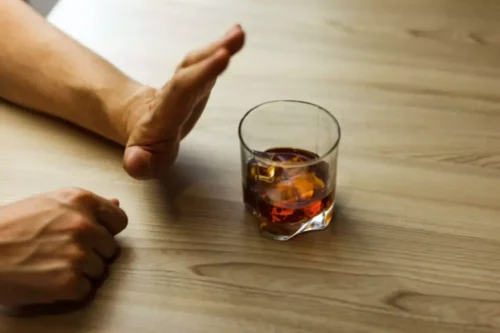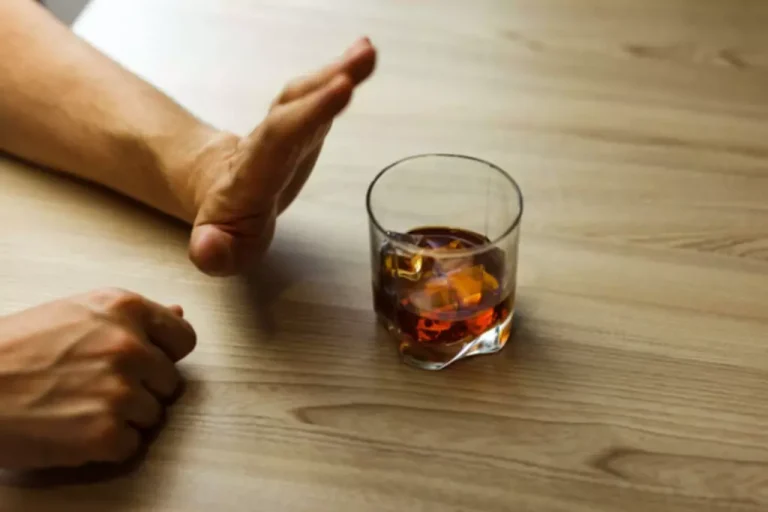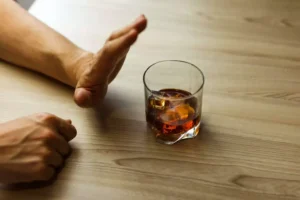
The National Institute on Alcohol Abuse and Alcoholism (NIAAA) defines binge drinking as drinking enough alcohol to raise one’s blood alcohol concentration (BAC) to 0.08% or above. Whether you want to address your long-term relationship with alcohol or break a pattern of binge drinking, a recovery professional can offer guidance and support. Experts typically define binge drinking by the number of standard drinks you consume in a single period of 2 hours or less.
- To treat alcohol dependence, naltrexone must be prescribed «off-label» by the NHS, which puts GPs at risk of penalties due to tight budgets.
- Others, like loss of consciousness or slurred speech, may develop after a few drinks.
- But the next morning, you notice that your depressive symptoms or anxious thoughts are worse than usual.
Is It Bad to Drink Three Days in a Row?
Binge drinking has many effects on your body, both over the short and long term. Binge drinking can also lead to alcohol dependence, or «addiction». The most commonly reported side effect of naltrexone was nausea, although it was generally mild and resolved itself as people adjusted to taking the drug.

How to help someone who binge drinks

For example, if you and your husband are going to a party together, agree beforehand that he will be the designated driver. Watching a friend or family member struggle with a binge-drinking habit can be difficult, even heart-wrenching. You’ll likely be there to witness their most reckless behavior, painful hangovers, and their sense of shame and depression afterwards. Therefore, drinking more water won’t necessarily protect you from a hangover the next day.
Underage Drinking and Teen Alcohol Use
The CDC defines a binge-drinking episode as at least four drinks for women or five drinks for men within a two-hour period. This is enough to raise your blood alcohol level to .08, which would result in impaired driving. After a single night of binge drinking, some of the short-term effects will go away.
- Binge drinking involves a pattern of short but heavy bursts of alcohol use.
- You might binge drink in order to feel confident talking, flirting, or making jokes with strangers.
Can Naltrexone Help Reduce Binge Drinking?
Even though binge drinking can be a single event, it could still have severe health consequences (e.g., alcohol poisoning, STIs, heart disease) in the short and long term. As binge drinking involves consuming significantly higher amounts of alcohol, the health impact can be more severe. Another common and more immediate effect of binge drinking is alcohol poisoning. This is when your blood alcohol levels are so high that your body isn’t able to remove the toxins quickly enough. Unlike binge drinking, the problem of alcohol use disorder isn’t measured by a particular number of drinks.
Health Fast Facts

Over time, alcohol can cause damage to your central nervous system. You might notice numbness and tingling in your feet and hands. A damaged pancreas can also prevent your body from producing enough insulin to use sugar. This can lead to hyperglycemia, or too much sugar in the blood.
Binge Drinking’s Effects on the Body
- Binge drinking can lead to anti-social, aggressive and violent behaviour.
- Ulcers can cause dangerous internal bleeding, which can sometimes be fatal without prompt diagnosis and treatment.
- “Our study furnishes, from a cardiological perspective, another negative effect of acute excessive alcohol consumption on health,” said study lead author Stefan Brunner.
- Women typically reach this level after about four drinks, and men after about five drinks in two hours.
- Federal and state health agencies also offer resources and can refer you to someone who can help.
- If The Recovery Village is not the right fit for you or your loved one, we will help refer you to a facility that is.
And drinking raises the risk of problems in the digestive system. Keep in mind, too, that AUD can have effects that extend beyond your physical health. According to the World Health Organization’s Global Status Report on Alcohol and Health 2018, roughly 70 percent of alcohol-attributable deaths happen as a result of health issues. If you or a loved one show signs of overdose, contact https://ecosoberhouse.com/ your local emergency services immediately. Alcohol poisoning can get dangerous quickly, and it’s sometimes fatal. The sooner you get help, the greater your chances of recovery.
Even though alcohol is legal in most places, it’s still a toxin, and a potent one at that. This means you have 80 milligrams of alcohol per 100 milliliters of blood in your bloodstream. At this point, almost all states consider you too intoxicated consequences of drinking to legally drive. You can take steps to lower your risk of alcohol-related harms.

